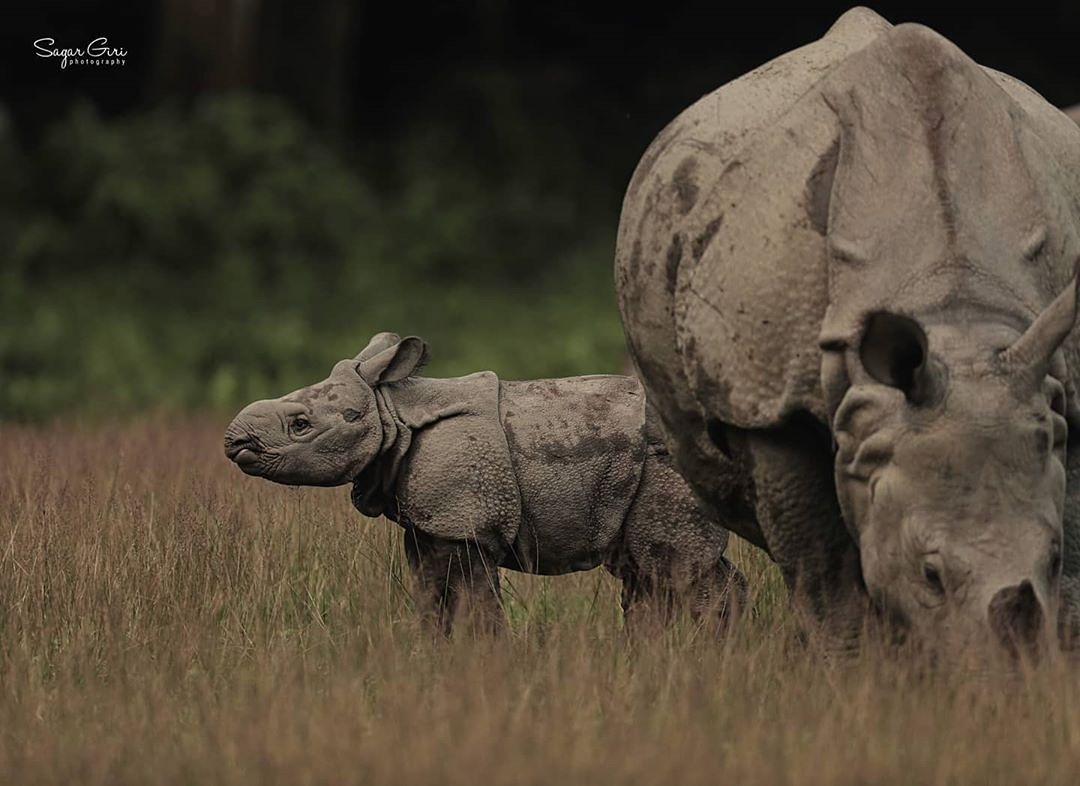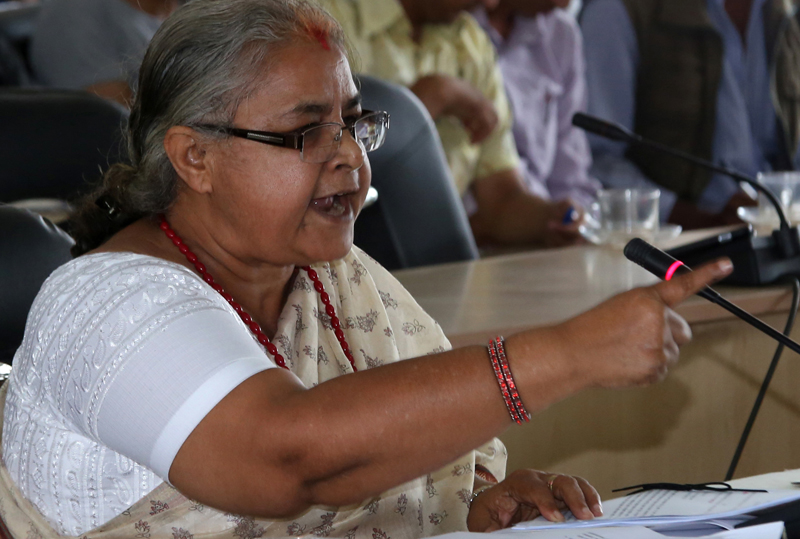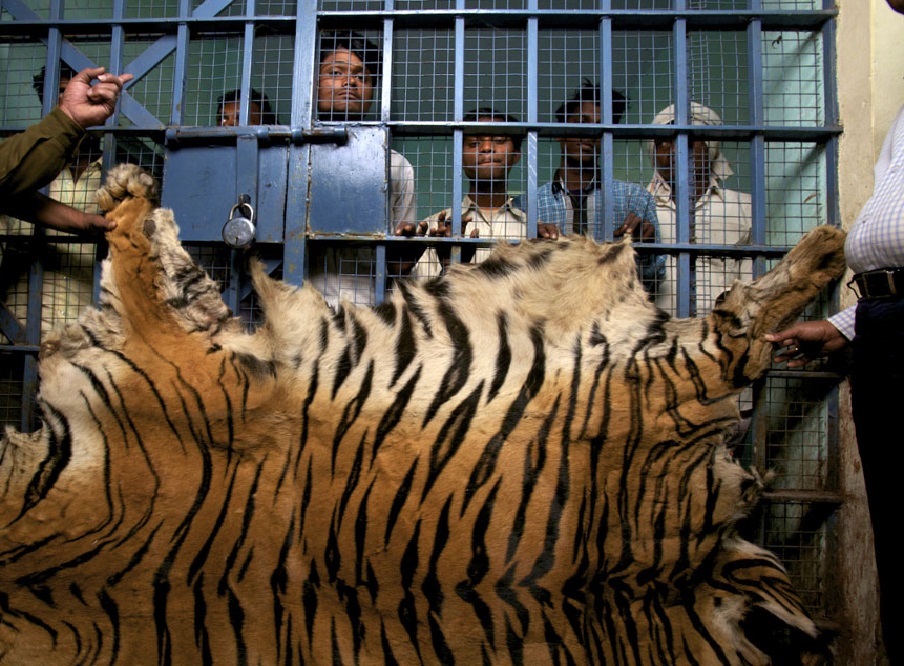
In a time of political turbulence and ecological fragility, Nepal finds itself at a crossroads. The appointment of Rt. Hon. Sushila Karki as the first woman Prime Minister of the Republic of Nepal marks a historic moment of hope and leadership. Yet, beneath this milestone lies a growing unease; one that threatens both public safety and the country’s hard-won conservation legacy.
Following a mass prison break from Bharatpur Jail last Wednesday morning, where nearly 700 inmates escaped, ordinary citizens have been gripped by fear. Of the total 740 prisoners, even those who did not wish to flee were sent home by the prison administration. By Saturday morning, only 180 had voluntarily returned. Security forces are actively searching for the rest. The situation has been further aggravated by reports of looted weapons and communication sets from security personnel during recent protests, raising concerns about their potential misuse.

This unrest has cast a shadow over Nepal’s conservation efforts. Dr. Ganesh Pant, Chief Conservation Officer of Chitwan National Park, expressed deep concern over the implications of political instability. “We are deploying all available manpower, elephants, and resources to maintain vigilance,” he told Setopati. “The escape of convicted wildlife criminals adds to our worries. We’ve heard reports of missing weapons during the protests, and there’s a real possibility they could be misused. Both park authorities and the deployed Nepal Army are alert to this threat.”
History offers grim reminders. During the peak of the Maoist insurgency in fiscal year 2057/58 BS, poachers killed 37 one-horned rhinos in Chitwan National Park. The trend continued until 2062 BS, driven by demand for rhino horns. Political instability had led to the downsizing of security posts inside the park, giving poachers free rein. Today, in the wake of the GEN-Z youth movement, the Nepal Army has stepped in to stabilize the situation. Yet, conservationists warn that as the army’s responsibilities expand, the priority given to park protection may diminish.
Dr. Pant emphasized that releasing individuals convicted of wildlife crimes before they complete their sentences could pose serious risks. “Since 2063 BS, poaching has been under control. But with rising instability, it’s natural to worry about a resurgence,” he said. “We’ve collected data on the escaped inmates and increased surveillance accordingly.” He added that many who were previously convicted have returned to poaching after release, and the park maintains records to monitor such individuals.
“The law doesn’t allow us to detain them again without due process,” Pant explained. “So we’re working to ensure they don’t relapse into crime. Some have already returned. Others have been given two to three days to come back voluntarily.”
Shivaram Basnyat, Commander of the newly deployed Gorakh Battalion in Chitwan, affirmed the army’s commitment to preventing the impact of political instability on park security. “We’ve begun efforts to apprehend the escaped prisoners and are closely monitoring those involved in wildlife crimes,” he said. “Our forces are stretched thin, but we will not let conservation suffer.”
According to Bharatpur Jail Chief Rabindra Prasad Dhungana, 50 of the escapees were involved in crimes related to one-horned rhinos. “We’re contacting their families and urging them to return. Many have responded. Security personnel are also actively engaged,” he said. “We’ve made it clear that those who return voluntarily will not be treated differently. But if we have to apprehend them, complications may arise.”
Four escapees were intercepted at the Belahiya border while attempting to flee to India and have been brought back. Similar incidents have occurred in other prisons across the country. During the protests, weapons, ammunition, and communication sets were looted from security forces.
The Chitwan District Security Committee has issued a public notice urging all escaped inmates to return. Chief District Officer Ganesh Aryal appealed to them to come back with honesty and also requested that looted weapons and equipment be surrendered.
In this fragile moment, Nepal must act decisively. Those who attempt to engulf nature; whether through poaching, corruption, or negligence; must be held accountable. The republic’s tranquility must not be mistaken for passivity. It is a call for vigilance, justice, and the fierce protection of our natural heritage. Under Prime Minister Karki’s leadership, may the roar of the lioness echo through every forest, reminding us that nature is not a commodity; it is kin.
The article written by Rajesh Ghimire on Setopati was referred to prepare this article.









Facebook Comments